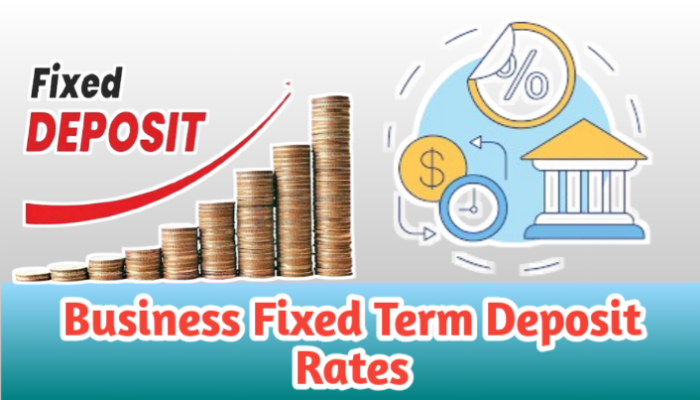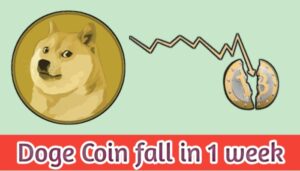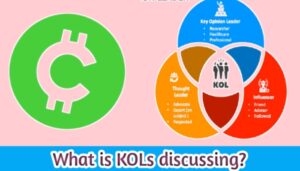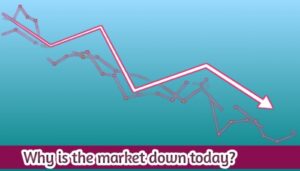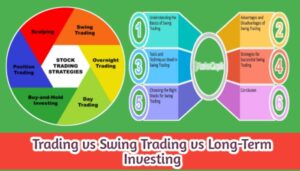Every business, whether small or large, needs a safe place to park its surplus funds. While investments in stock markets or real estate may offer higher returns, they also come with higher risks. Business Fixed Term Deposit Rates For businesses that prioritize safety, guaranteed returns, and liquidity management, fixed term deposits (FDs) remain one of the most reliable options.
Business fixed term deposits allow companies to lock their funds for a chosen period at a predetermined interest rate. Unlike fluctuating market-based investments, FDs give stability and predictability—making them an attractive financial instrument for businesses of all sizes.
1. What are Fixed Term Deposits?
A fixed term deposit (also called time deposit) is a financial product offered by banks and financial institutions where a lump sum is deposited for a specific period, ranging from a few days to several years.
- The interest rate is fixed at the time of deposit.
- The money cannot be withdrawn before maturity (except with penalties).
- Businesses receive the principal + accumulated interest at the end of the term.
2. Features of Business Fixed Term Deposits
- Guaranteed Returns – Predefined interest rate ensures predictable income.
- Flexibility of Tenure – Ranging from 7 days to 10 years.
- Security – Backed by banks and regulated by financial authorities.
- Liquidity Options – Premature withdrawal possible with penalty.
- Customizable Payouts – Monthly, quarterly, or on maturity.
3. Benefits of Business Fixed Term Deposits
- Risk-Free Investment – No exposure to stock market volatility.
- Steady Interest Income – Helps in managing working capital and expenses.
- Diversification – Balances high-risk investments with stable returns.
- Collateral for Loans – Businesses can secure loans against FDs.
- Tax-Saving Options – Certain FDs may qualify for deductions (varies by country).
4. Risks and Limitations of Fixed Term Deposits
- Lower Returns – Compared to stocks, mutual funds, or real estate.
- Inflation Impact – Fixed returns may lose value if inflation is high.
- Lock-in Period – Premature withdrawal attracts penalties.
- Taxable Interest – Interest earned is taxable as per business laws.
5. How Fixed Term Deposit Rates are Determined
Banks and financial institutions decide FD rates based on:
- Monetary Policy (set by the central bank).
- Inflation Levels – Higher inflation may push interest rates up.
- Liquidity Needs – Banks may raise FD rates if they need more deposits.
- Tenure – Longer tenure usually offers higher rates.
- Deposit Amount – Bulk deposits may attract better rates.
6. Factors Affecting Business FD Interest Rates
- Tenure of Deposit
- Type of Bank (Public/Private/Foreign)
- Current Economic Conditions
- Currency Choice (Domestic vs Foreign Currency FD)
- Business Category (SMEs, Corporates, Startups)
7. Comparison: Business vs Personal Fixed Deposits
| Feature | Business Fixed Deposits | Personal Fixed Deposits |
|---|---|---|
| Purpose | Manage surplus business funds | Personal savings & wealth growth |
| Tenure | Flexible (short to long) | Flexible |
| Interest Rate | Often slightly higher for bulk FDs | Standard retail rates |
| Loan Facility | Frequently used for working capital | Used for personal loan security |
| Taxation | Taxed as business income | Taxed as personal income |
| Deposit Size | Usually large sums | Smaller to medium sums |
8. Short-Term vs Long-Term Business Fixed Deposits
| Category | Short-Term FD (7 days – 1 year) | Long-Term FD (1 – 10 years) |
|---|---|---|
| Purpose | Parking surplus cash temporarily | Long-term capital safety |
| Liquidity | Higher | Lower |
| Returns | Lower interest rate | Higher interest rate |
| Best For | Working capital needs | Long-term investments |
9. Fixed Term Deposit Rate Trends (Current Market Overview)
Currently (2025), global business FD rates vary depending on country and institution.
- India: 6% – 8% for corporates.
- USA: 4% – 5.5% for business CDs.
- UK: 3.5% – 5% depending on tenure.
- Australia: 4% – 5.2%.
Rates are higher in developing countries compared to developed economies due to inflation and monetary policy differences.
10. How to Choose the Right Business Fixed Deposit
- Check interest rate offers from multiple banks.
- Match tenure with business cash flow requirements.
- Consider liquidity needs (avoid long lock-ins if funds are needed).
- Look for bulk FD schemes with higher rates.
- Ensure the bank has a good credit rating.
11. Tax Implications of Business Fixed Term Deposits
- Interest Income Taxable: Added to business income and taxed accordingly.
- TDS (Tax Deducted at Source): Banks may deduct tax before paying interest (depending on country).
- Tax Planning: Businesses can invest in tax-saving FDs where allowed.
12. Alternatives to Business Fixed Term Deposits
While FDs are safe, businesses may also consider:
- Liquid Mutual Funds – Better returns with slightly higher risk.
- Treasury Bills – Government-backed short-term securities.
- Corporate Bonds – Higher returns but riskier.
- Recurring Deposits – Smaller regular deposits for businesses with consistent surplus.
13. Tips to Maximize Returns from Business FDs
- Invest in laddering strategy (different maturities for flexibility).
- Compare rates across banks before locking funds.
- Opt for cumulative FDs if immediate income is not required.
- Reinvest maturity proceeds to benefit from compounding.
- Negotiate better rates for bulk deposits.
14. Conclusion
Business Fixed Term Deposit Rates Business fixed term deposits are a cornerstone of safe and predictable investing for companies. They may not offer extraordinary returns, but they provide security, liquidity management, and guaranteed growth—qualities that businesses value highly.
Comparing rates, and understanding taxation, Business Fixed Term Deposit Rates businesses can maximize the benefits of FDs. In a world of volatile markets, FDs continue to be a trusted choice for corporates, SMEs, and startups alike.
